The health and safety of your staff and customers depend on having the proper commercial kitchen flooring, but it can also significantly negatively influence your bottom line.
It’s crucial to be aware of your options before making a decision. The primary three on the UK market are commercial vinyl flooring, ceramic tiles, and resin flooring. But there are some important considerations if you have to choose one of them:
Options for floors
Resin flooring is widely employed in a variety of industries, including food manufacturing and auto companies. It has great anti-skid and hygiene qualities, are simple to clean, and can withstand heavy wear and tear.
Resin flooring comes in three primary varieties: epoxy, polyurethane (PU), and PMMA.
Ceramic tiles provide stain resistance, durability, and distinctive looks. They often have poorer cleanliness and slip resistance, are time-consuming to install, and are also quite difficult to walk on.
Failure of the grout is a frequent issue that first causes the harboring of bacteria before the floor collapses. Unglazed ceramic tiles are not at all appropriate for use as flooring in commercial kitchens since they are porous and can harbor bacteria and germs.

The least expensive choice, vinyl flooring, will need to be replaced at the earliest because it cannot be fixed.
Due to the usage of volatile organic chemicals (VOCs) in its production and the frequent disposal of worn-out components in landfills, it is also not an environmentally friendly alternative.
The performance of these three alternatives is examined here, along with some crucial factors to take into account while selecting industrial and commercial kitchen floors.
Cleanliness & Anti-Slip
According to UK legislation, commercial kitchen flooring must have outstanding hygienic standards, which, practically speaking, means that it must be simple to clean. It must also have strong anti-slip qualities to reduce the danger of workplace accidents.
Resin Flooring
Particularly PMMA resin, such as Trazcon®, which is 98% cleaner than regular PU floors and certified to the highest requirements of both Food Conformity (EN1186) and Slip Resistance, resin flooring solutions provide the best hygienic and anti-slip qualities (BS7976-2:2002).
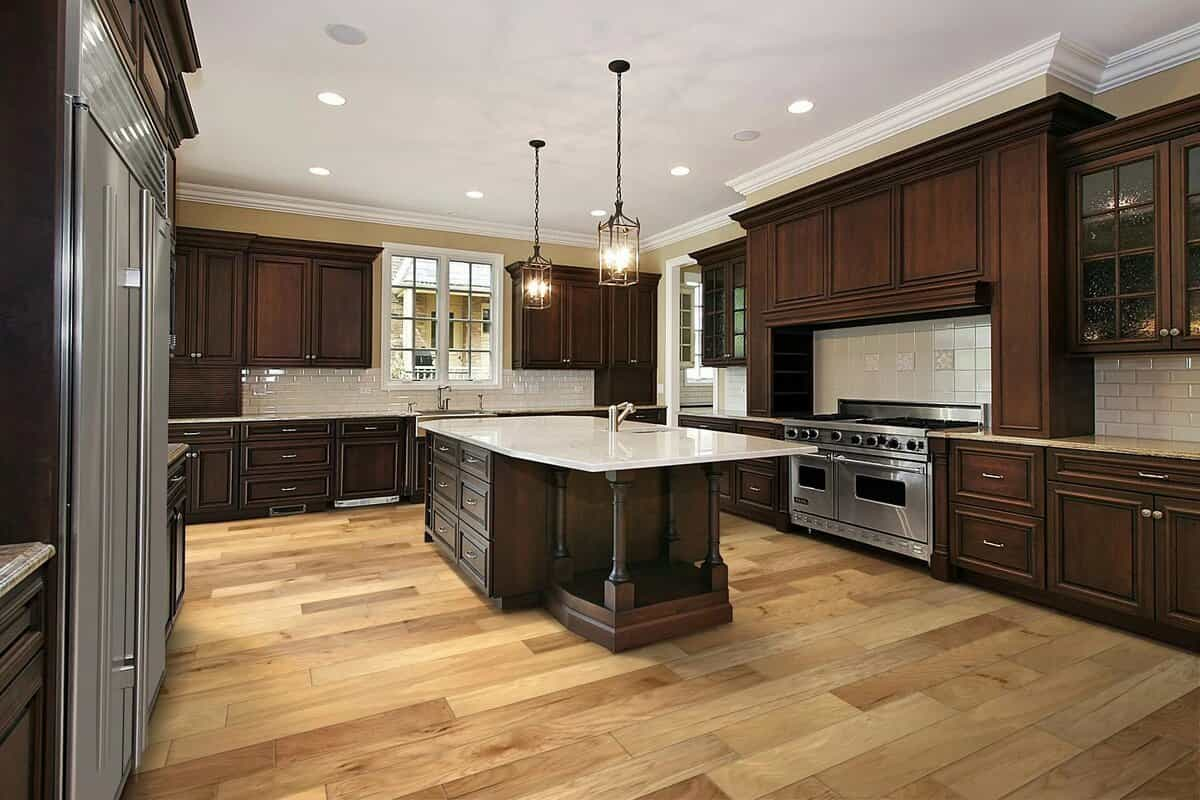
PMMA resin flooring is completely immune to germs and has a seamless, monolithic surface that is coated with a non-porous resin screed.
Additionally, anti-slip coatings are simple to apply and reapply as necessary, ensuring that worker safety is never jeopardized.
Ceramic floor tiles
Ceramic tiles’ hard surface is easy to clean with a mop or a sponge and doesn’t tend to attract dust, dirt, or other allergens.
However, due to its low-profile finish, grout can be incredibly difficult to clean over time and will eventually harbor bacteria. Heavy-duty cleaners can typically be used to remove stains.
The biggest problem with ceramic flooring is that it’s difficult to strike a balance between hygienic and anti-slip demands.
This is because the flooring’s ridges, which are intended to provide grip, actually make it difficult to clean because dirt and bacteria can quickly get stuck there.
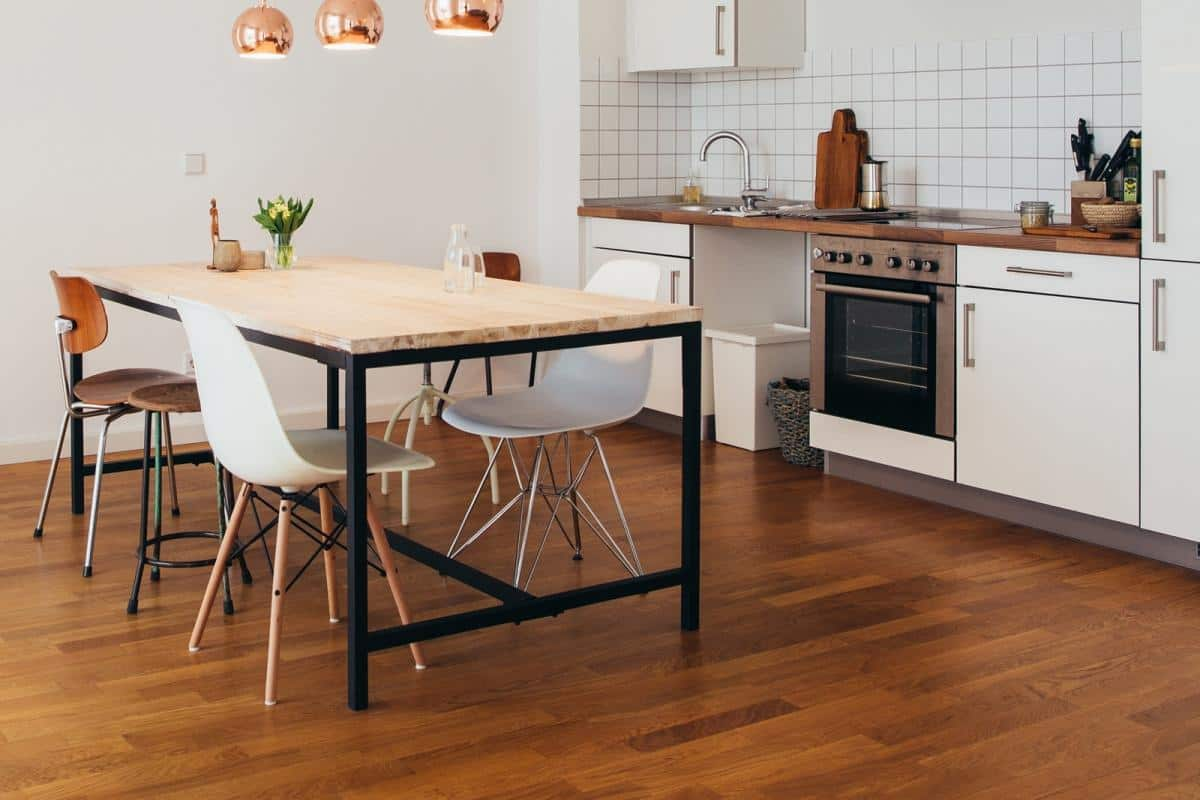
In contrast to PMMA resin, once a tile loses its anti-skid qualities, it cannot be replenished and must be removed and replaced.
A vinyl floor
The surface of vinyl flooring needs to be cleansed of dirt and grit, but the wash-down procedure is rather simple.
Although many types of vinyl flooring will discolor after cleaning, stains can frequently be removed with authorized vinyl floor cleaners. This happens because, over time, the vinyl surface’s clear wax coating becomes clogged with debris, turning it yellow.
Rubber can also discolor when it comes into contact with something, and mats and shoes with rubber soles can leave persistent stains.
Vinyl flooring must be completely removed and replaced since, like tiles, its anti-skid properties cannot be refreshed.
Durability
A bustling environment is an industrial kitchen. Regular spills of items like fats, oils, grease, detergents, and acids expose floors to damage.
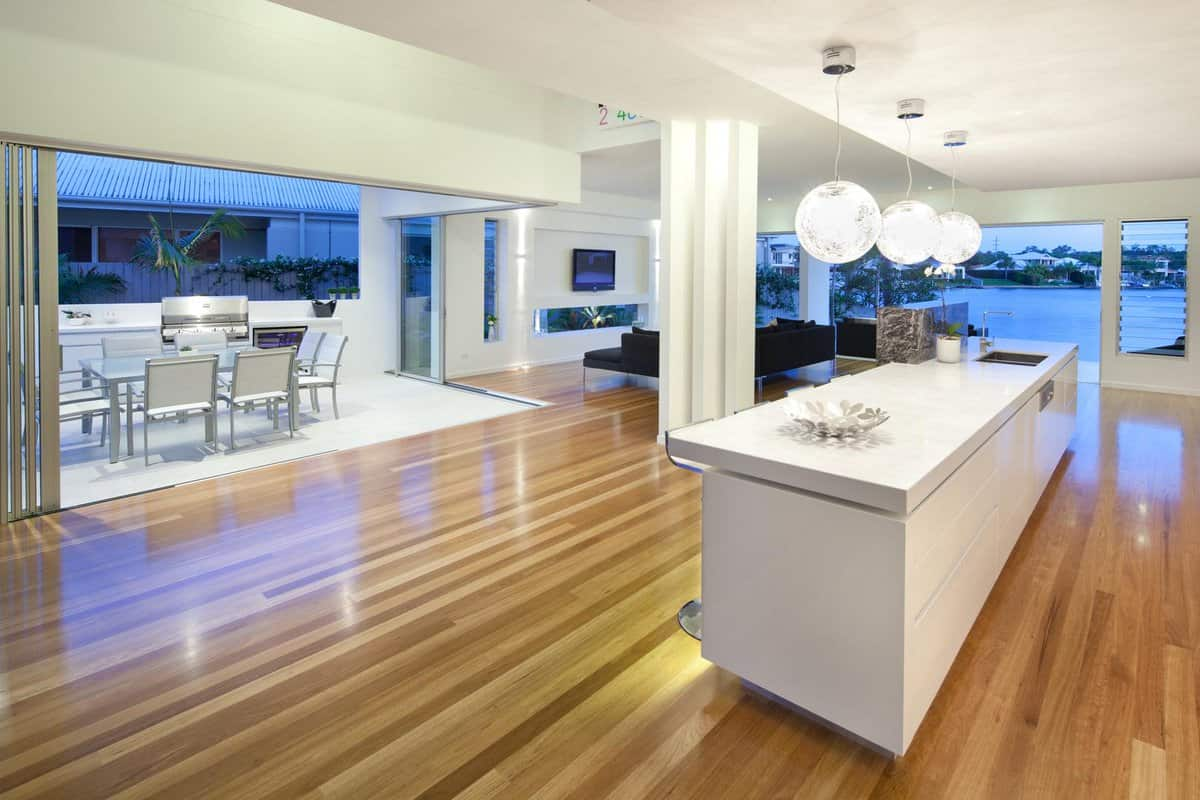
Flooring must have extraordinary durability in order to withstand the significant foot traffic combined with these challenging situations.
Resin Flooring
PU and epoxy resin floors can chip and break when put under much strain, necessitating replacement every five to ten years.
Epoxy resin flooring is less suited for commercial kitchens because they are more susceptible to high temperatures than other forms of resin.
Contrarily, PMMA resin flooring like Trazcon® offers great resilience to high temperatures and heavy traffic without lifting, fading, cracking, or wearing and lasts significantly longer before any maintenance is necessary.
Ceramic floor tiles
Ceramic tiling is quite durable and resistant by nature, and it may last for a long time. Despite this, serious impacts can still crack tiles, endangering the flooring’s hygienic standards and posing a trip risk if they are not promptly repaired.
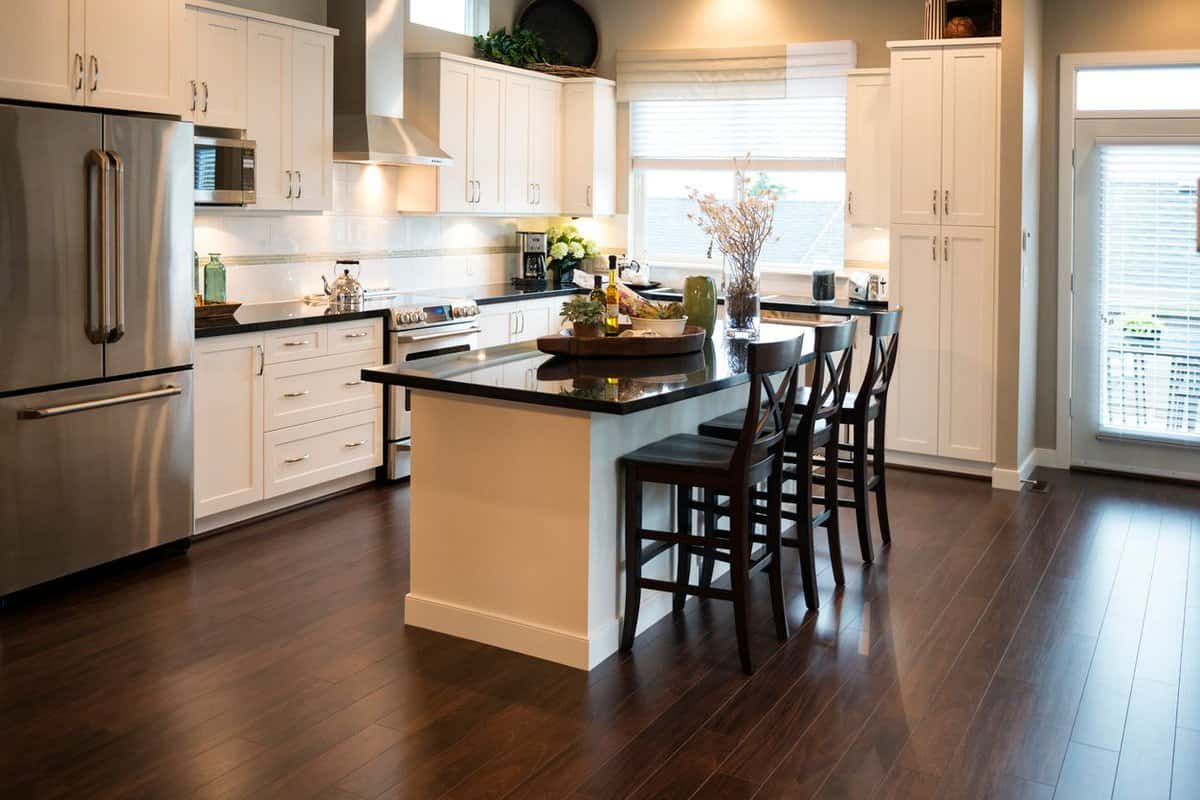
Tiled floors’ primary weak spots are the grout lines. Usually, the grout will break down, allowing water to enter.
The water intrusion becomes obvious when the floor breaks and starts to delaminate. You would then need to make expensive, time-consuming repairs.
A vinyl floor
How long a vinyl floor lasts will depend on the quality of the vinyl material and how it was made.
Vinyl flooring is a relatively soft material, so even minute grains of grit or dirt trapped beneath the floor can generate lumps in the surface and lead to rips and tears.
As a result, the condition of the substrate has a significant role in how well the flooring performs.
Vinyl flooring typically cannot withstand high foot activity, and even the smallest tear can quickly cause substantial floor damage.
Installation and repair are simple.
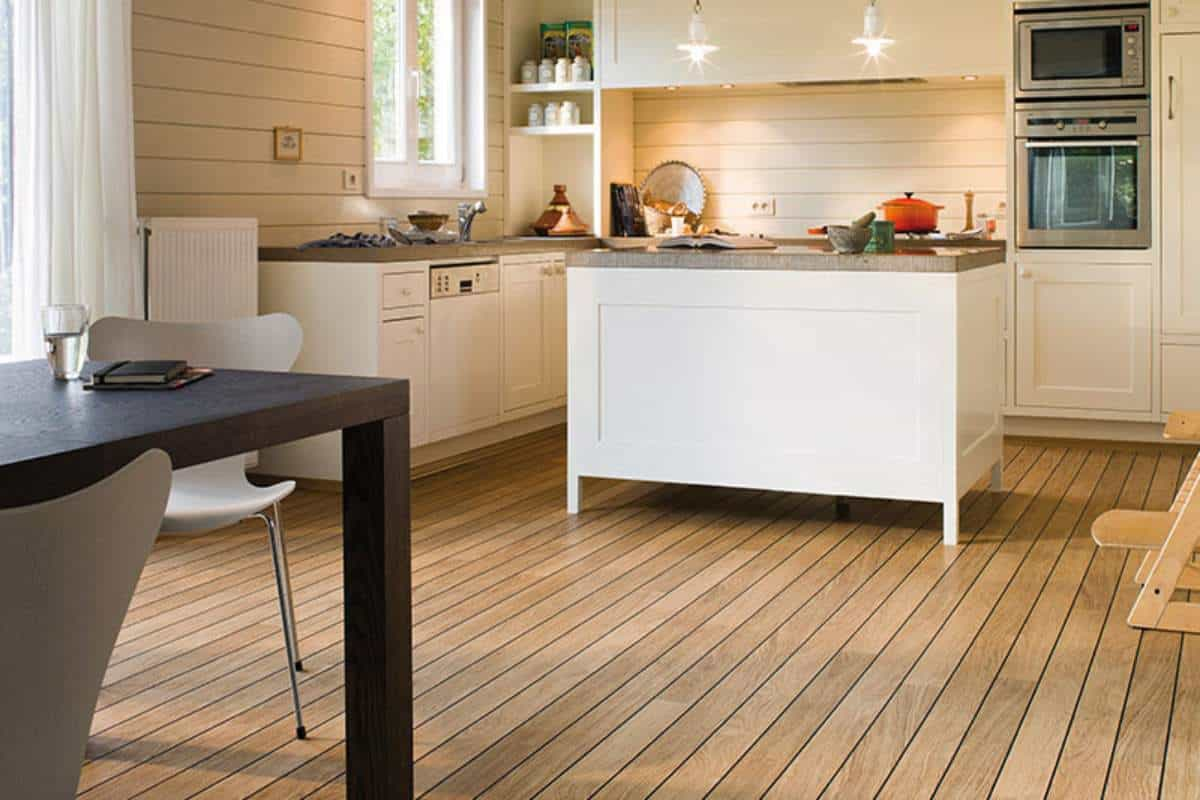
Last but not least, it’s crucial to take into account both the flooring solution’s installation procedure and continuing maintenance and repair.
Resin Flooring
The simplicity of installation and repairability of resin flooring alternatives varies. While epoxy flooring fully cures the fastest, PU flooring is typically the most challenging to deal with.
The only resin that may be fixed is PMMA; all other resins must be entirely replaced when damaged. Due to PMMA’s lightning-fast cure time of just one hour, flooring may be laid and repaired swiftly with little downtime.
Ceramic floor tiles
It can be challenging and time-consuming to install ceramic tile flooring since it requires a variety of mortars, grouts, and other instruments.
Additionally, it typically means that they must be placed by specialized tile installers, who can drive up the cost of installation by as much as 50%, rendering the solution significantly less cost-effective.
A vinyl floor
If vinyl flooring is to have any chance of lasting, it must be installed carefully. As was already said, even a small particle of dirt or an uneven area of the floor can hasten the deterioration and cause rips or tears in the soft vinyl.
When any part of the floor becomes too worn or is damaged, the entire floor must be replaced because repairs are impossible because vinyl cannot be refinished.
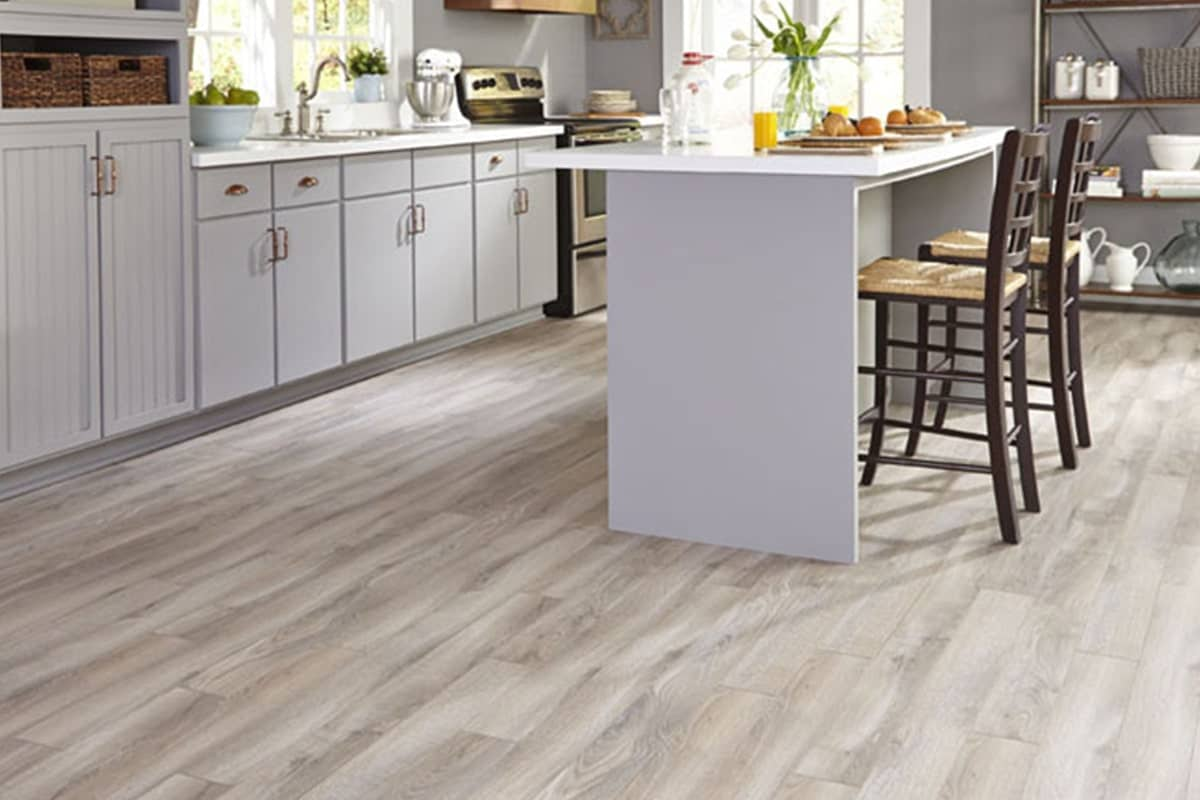
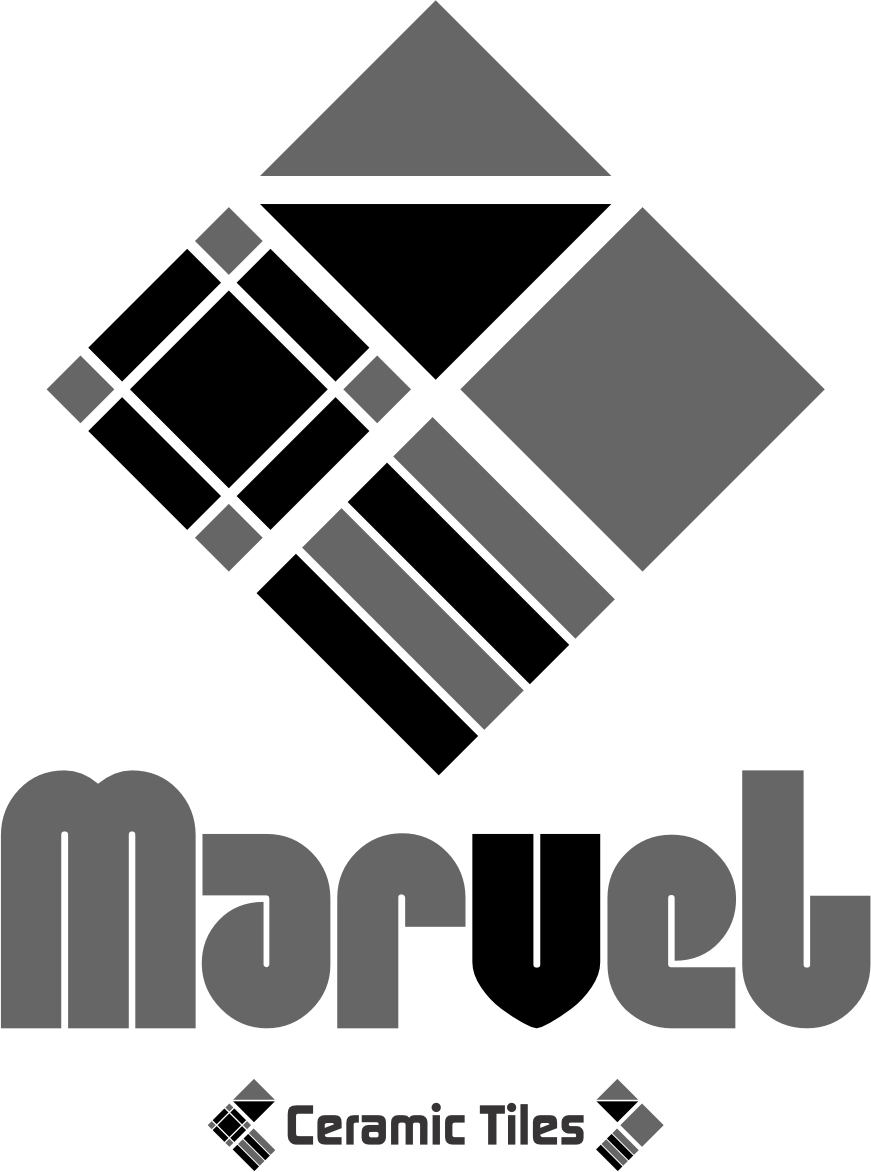
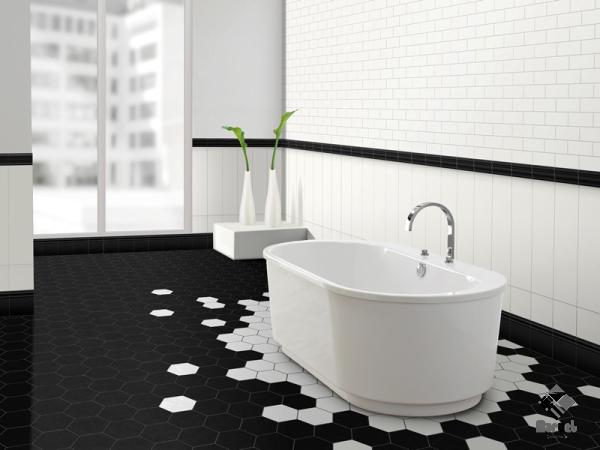
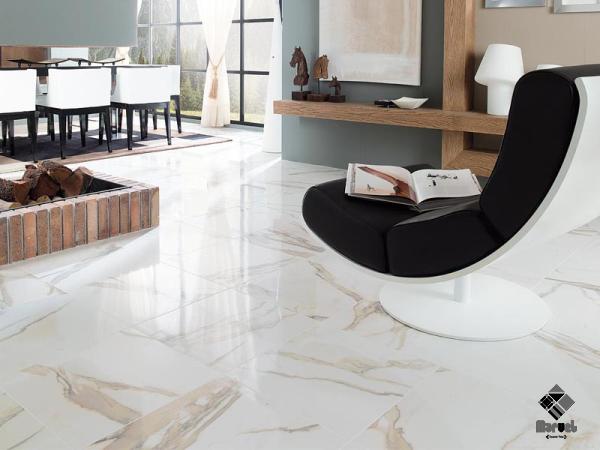
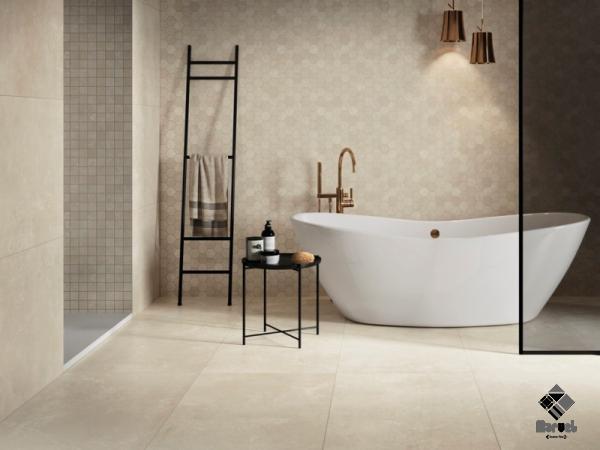
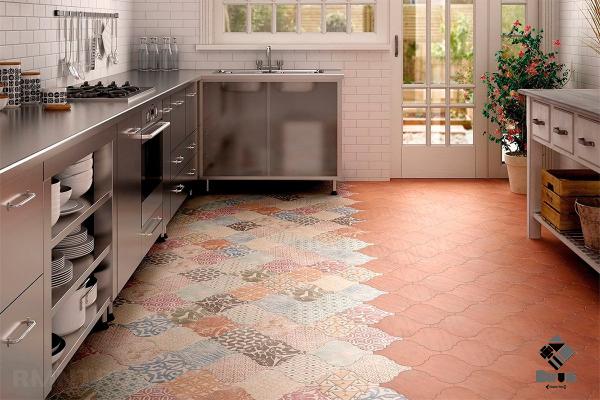
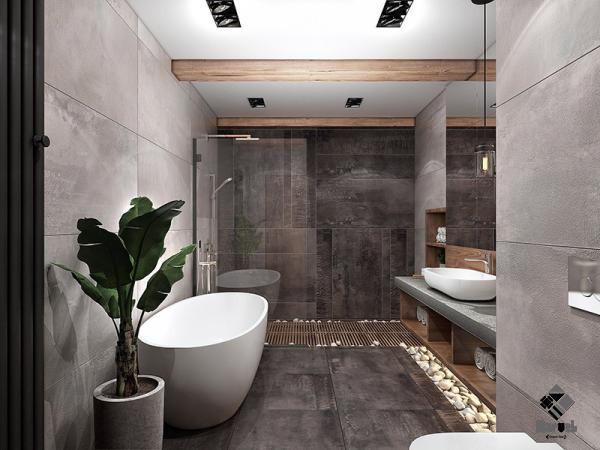

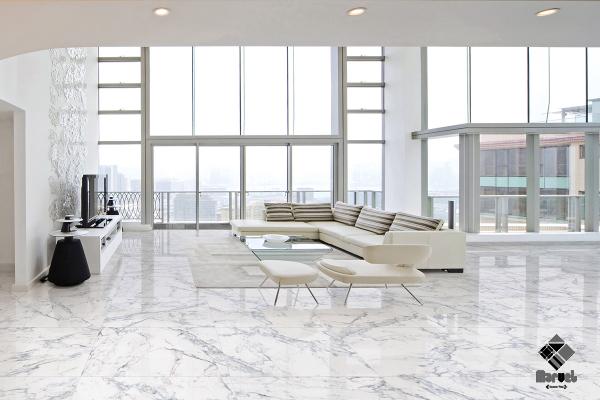
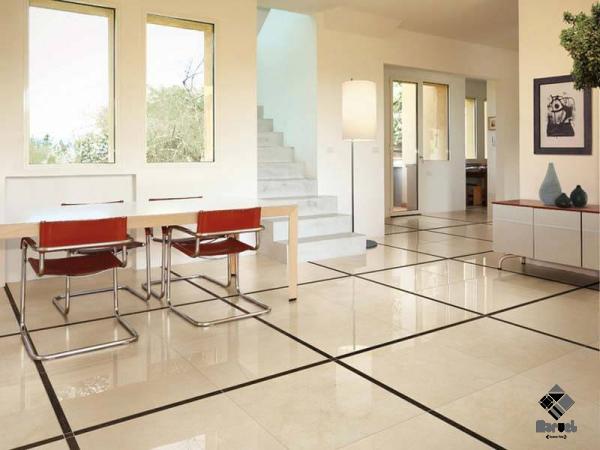
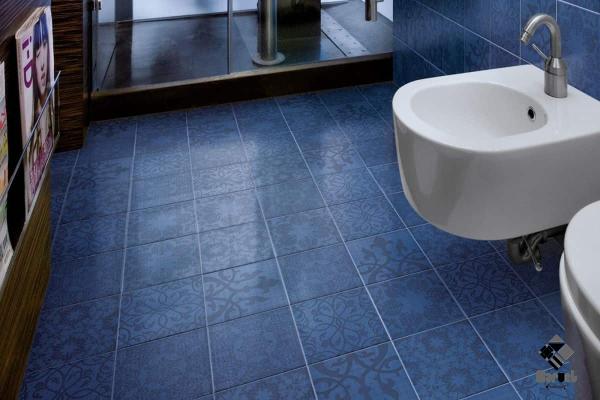
Your comment submitted.